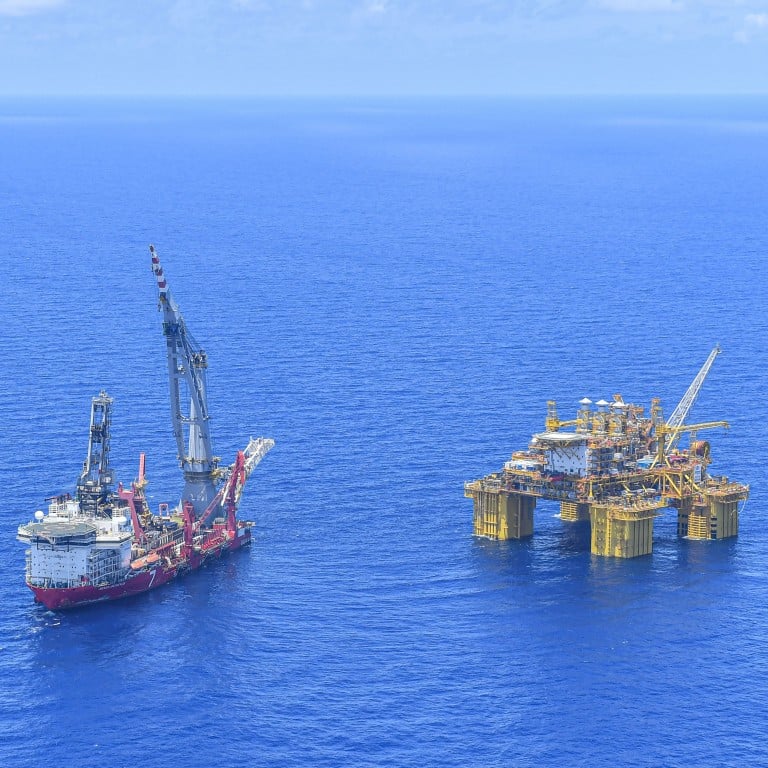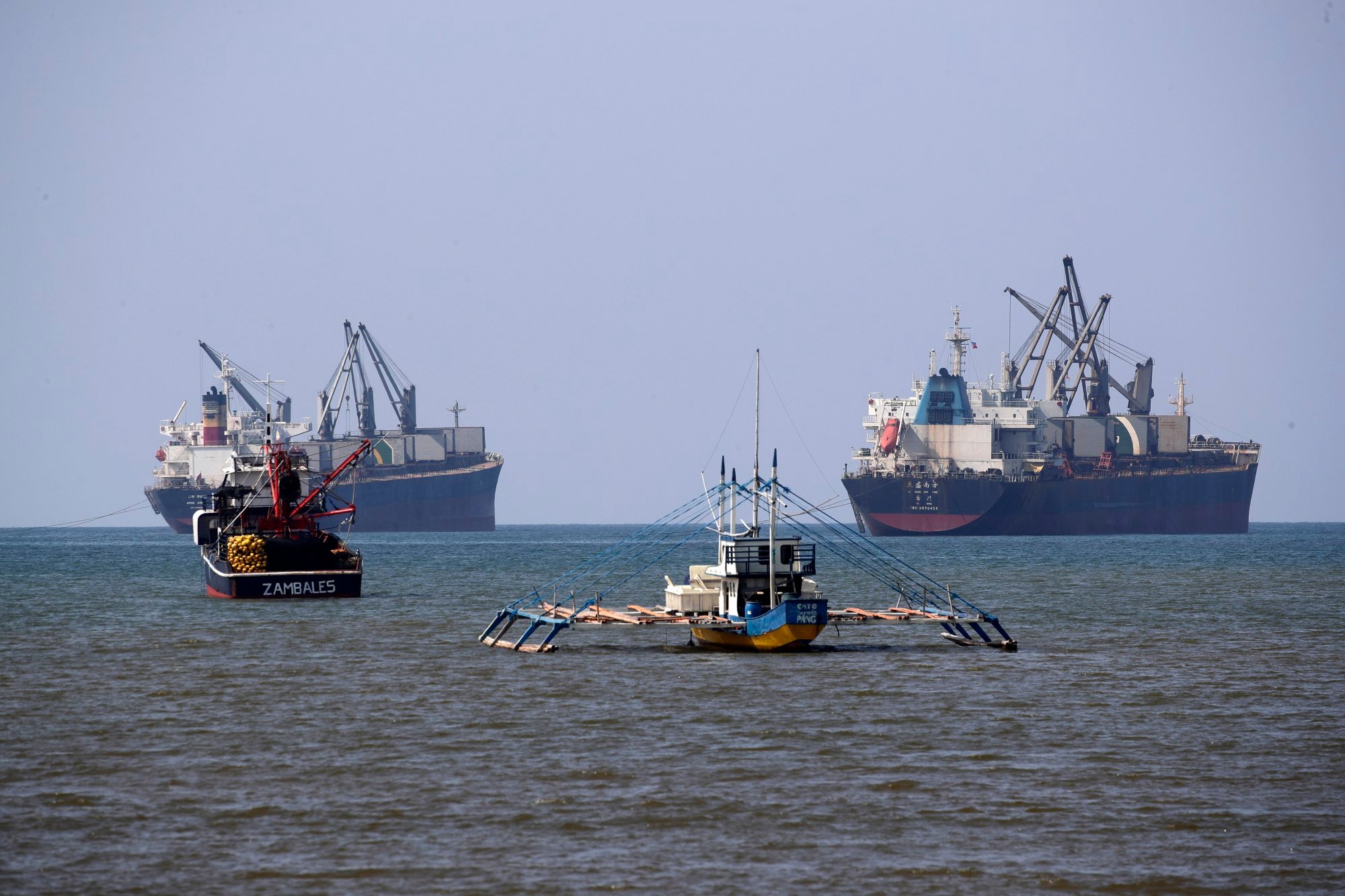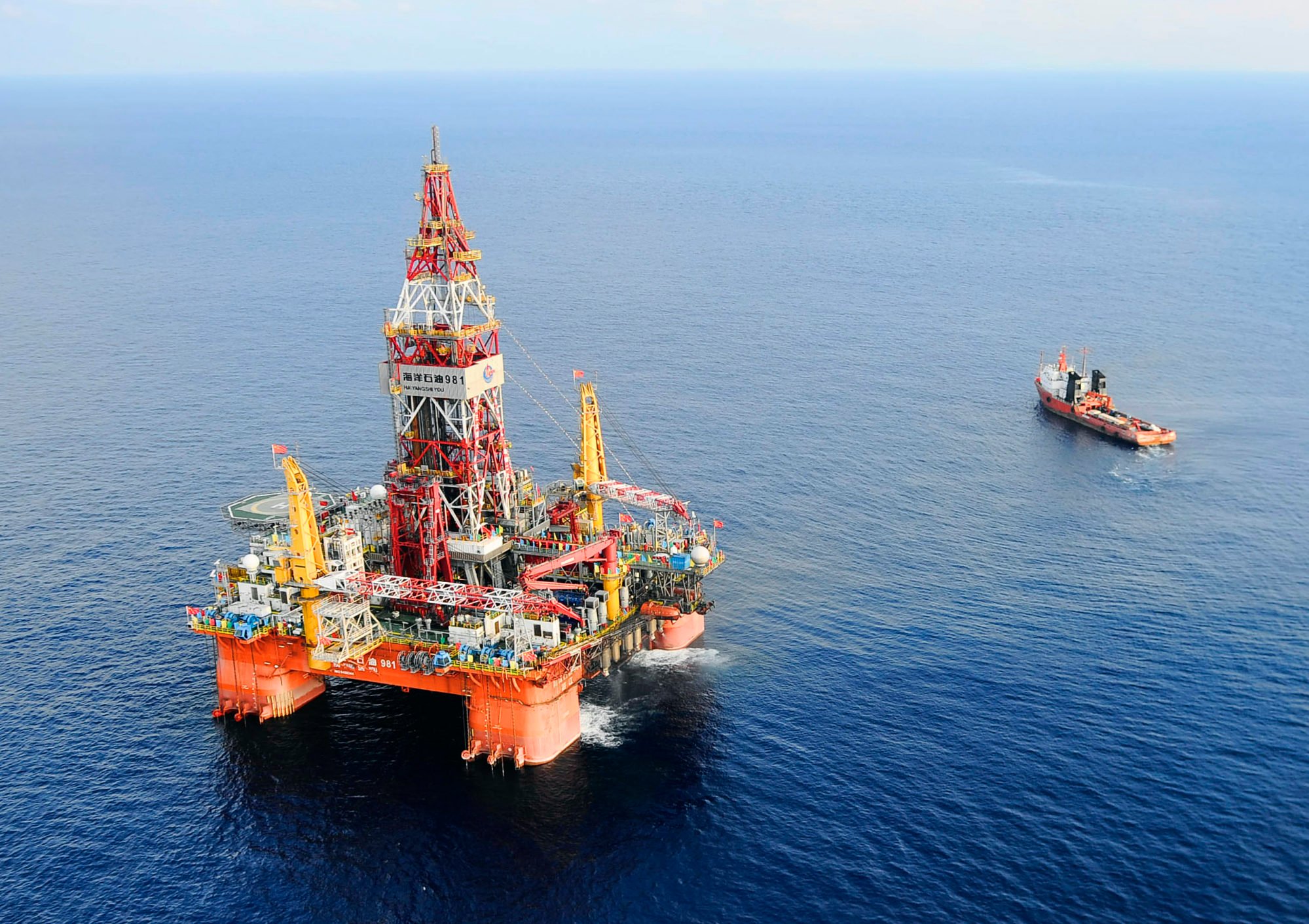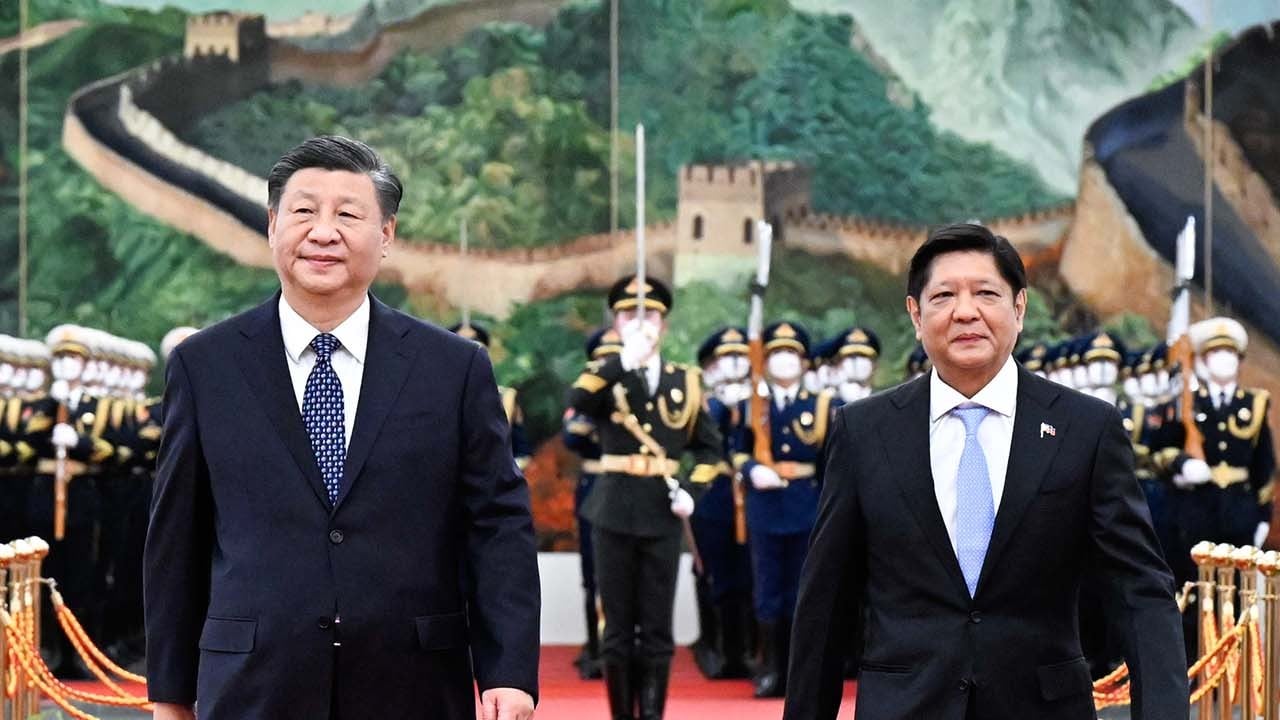
South China Sea: Philippines ruling could shut door on joint energy deals, embolden Beijing’s claims
- Timing of ruling is ‘too much of a coincidence’, coming soon after Marcos Jnr returned from a state visit to Beijing, one legal expert says
- Verdict could limit Manila’s efforts to find solutions to South China Sea dispute, attract investors to help harness offshore energy reserves
The court said the deal was unconstitutional for allowing wholly state-owned foreign corporations to take part in the exploration of the Philippines’ natural resources without observing constitutional safeguards.
The court’s ruling could limit the scope for compromise and stymie Marcos’ role as the country’s chief foreign policy architect, Roque said.
China deploys ‘durian diplomacy’ to boost trade ties with Philippines
He stressed that applying the Philippine constitution to the country’s exclusive economic zone (EEZ) – where only sovereign rights, and not sovereignty and jurisdiction, can be exercised – could invite unwanted consequences.

The court ruling might also shut the door on Philippine participation in any joint development in the South China Sea, Roque said, as the other option left for working with foreign firms for large-scale exploration and utilisation of petroleum and mineral resources through technical and financial assistance agreements applies onshore and in the country’s territorial sea but not in the EEZ.
The 2018 agreement provided for an inter-governmental joint steering committee and an inter-entrepreneurial working group for joint exploration purposes. According to Dr Melissa Loja, senior research fellow of the Integrated Development Studies Institute and an international law consultant, an agreement to set up a legal and technical working group was reached during a 2019 joint steering committee meeting.
Philippine energy companies Forum and PXP Energy met their Chinese counterpart China National Offshore Oil Corporation, along with China’s Foreign Affairs Ministry, 14 times between October 2019 and December 2020, she added.
Philippines gives US access to army bases facing South China Sea, Taiwan
Absent gainful resource cooperation or talks towards the same, coverage of the South China Sea could be dominated by untoward incidents and diplomatic wrangling among claimants, raising tensions and undermining regional stability.
The government can still appeal the decision on the grounds that the judgment impairs the president’s exercise of diplomacy and encroaches on the functions of the executive. However, that may lead to a clash between the executive and the High Court if the apex court stands its ground.
The recent court ruling also adds a new twist to the country’s long and tortuous quest to harness its offshore energy reserves. Big oil players are leaving or putting on hold major developments in the area, despite the Philippines’ efforts to modernise its navy and coastguard to protect investors and the legal clarity provided by the 2016 arbitral award.

There is also concern that the exit of international oil giants will play into China’s hands by forcing littoral states to partner only with Beijing for exploration work in the disputed sea.
Malampaya, which supplies 20 per cent of the energy requirements of the Philippines’ largest island of Luzon, is nearing exhaustion. This compels Marcos Jnr to act urgently to find an alternative to prevent the country from becoming overreliant on imported energy. The nearby Recto Bank is believed to contain enormous hydrocarbon reserves, and joint development is seen as a way to unlock them.
The South China Sea dispute is a decades-old problem, while a Filipino president only has one six-year term. Tackling maritime incidents and extracting resources in the area will thus be pressing and immediate concerns for Marcos Jnr, but whether he can end the odyssey, only time will tell.
Lucio Blanco Pitlo III is a recipient of the Taiwan Fellowship and a Visiting Scholar at the National Chengchi University Department of Diplomacy and Center for Foreign Policy Studies.


